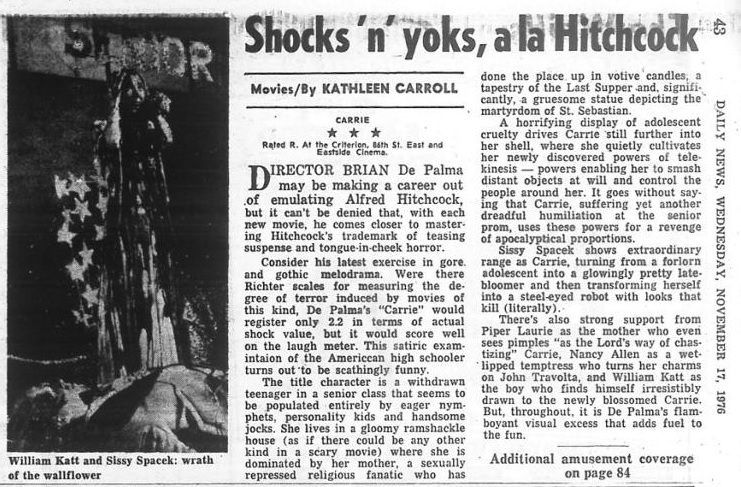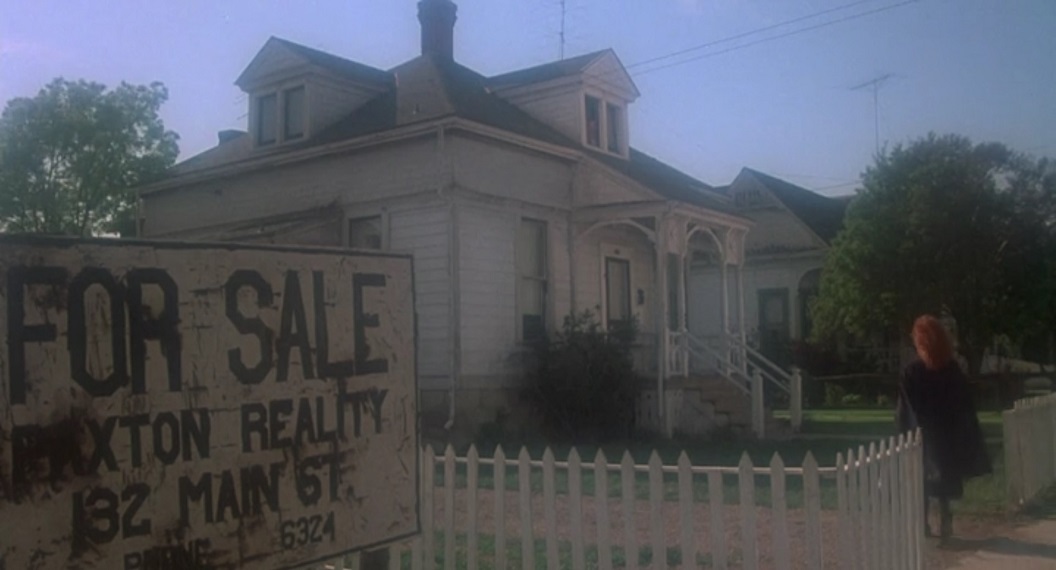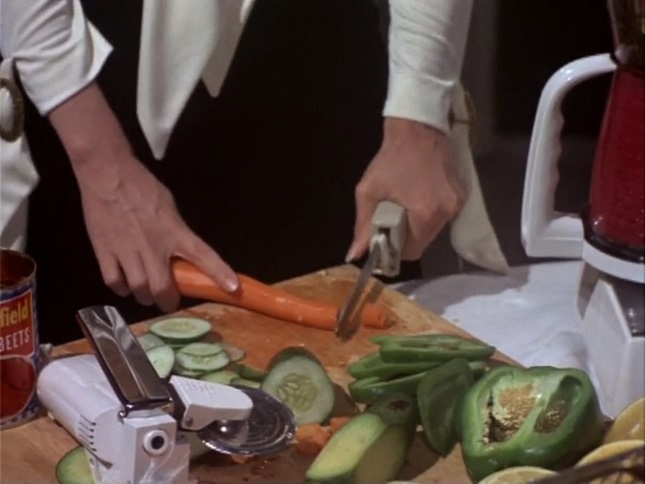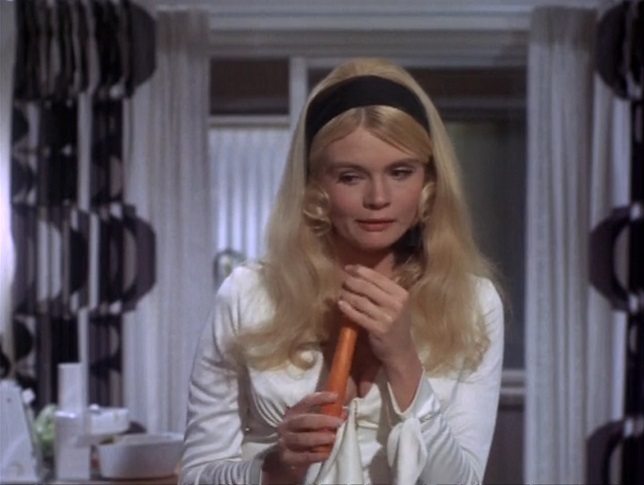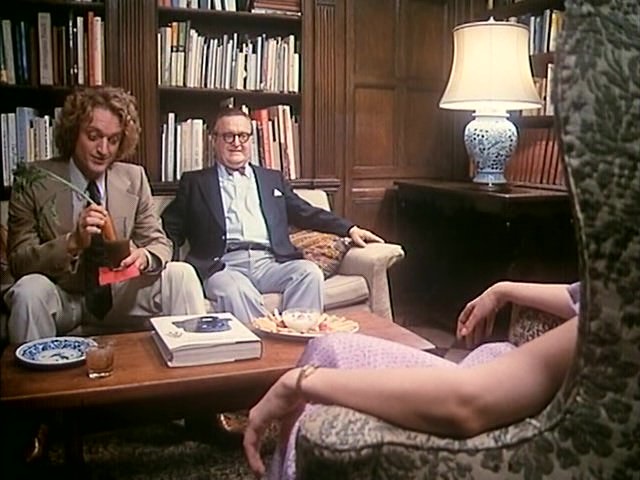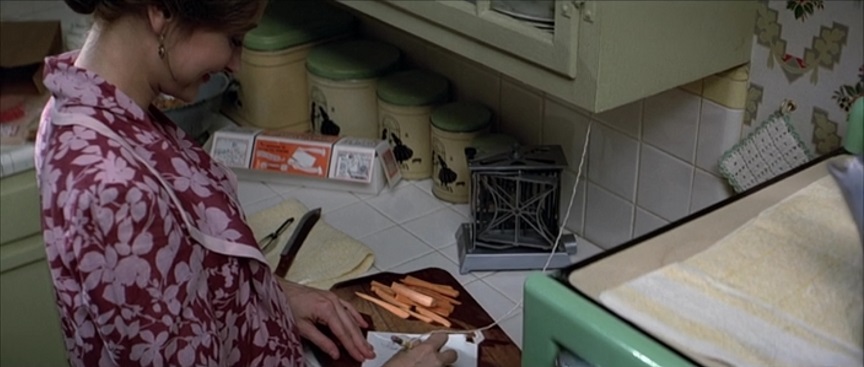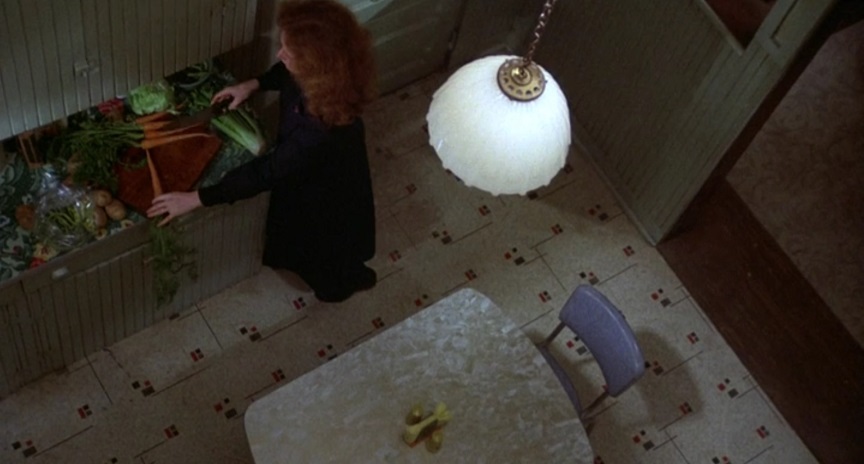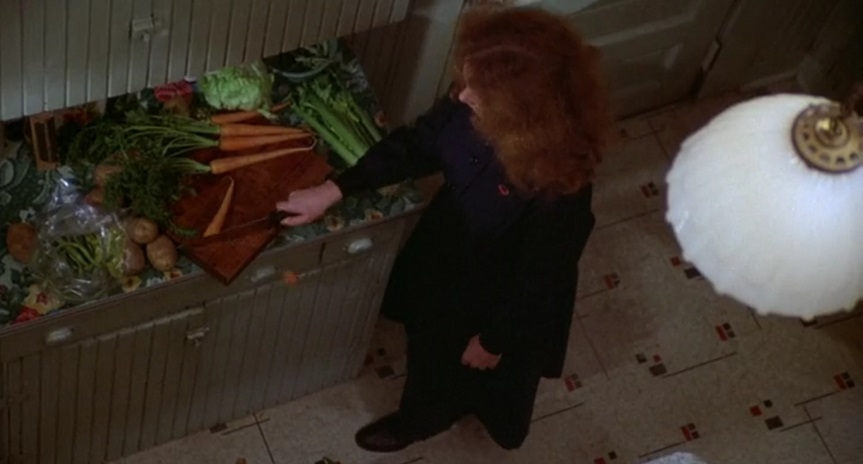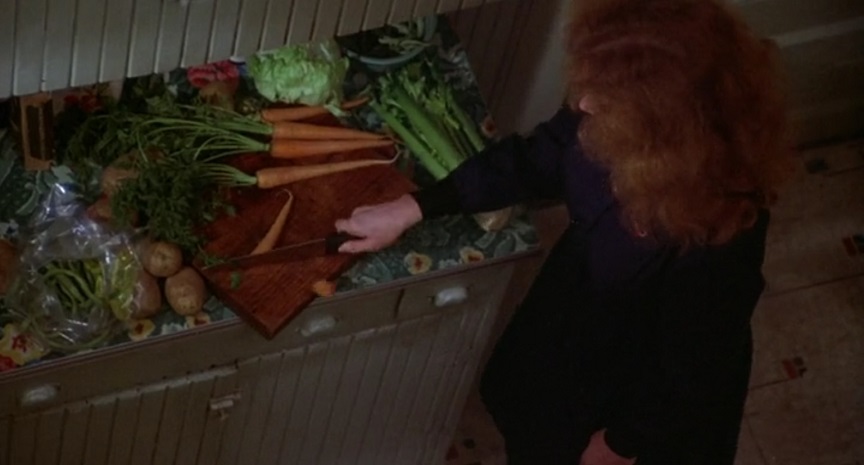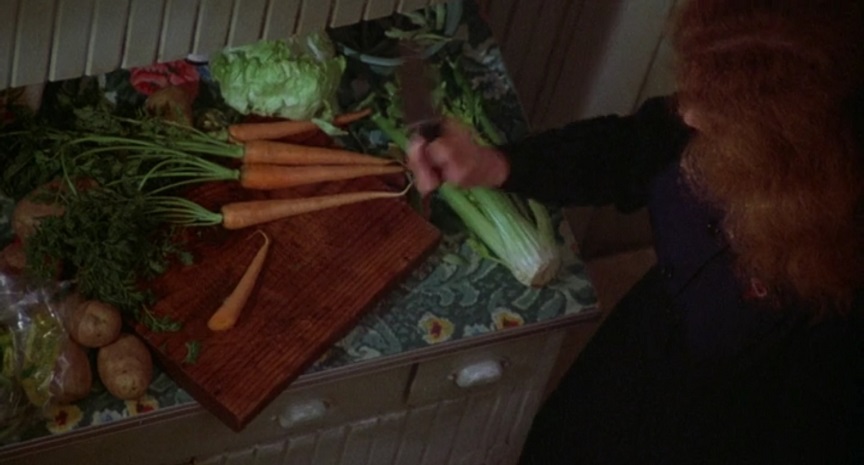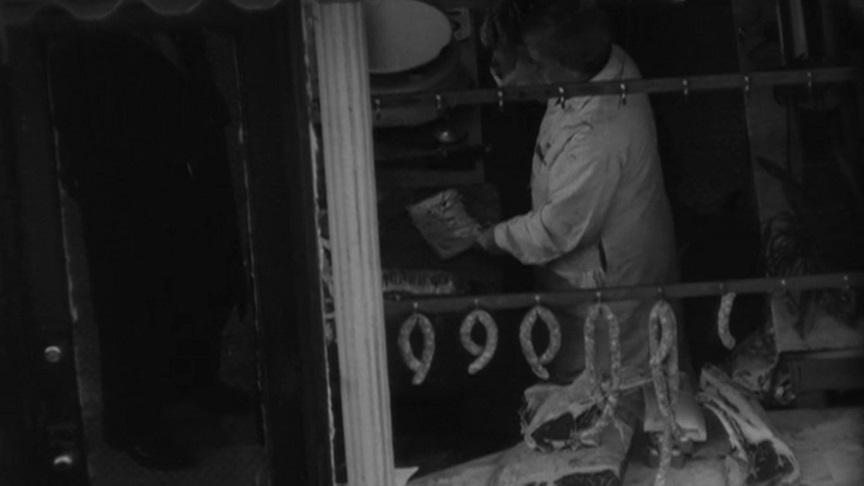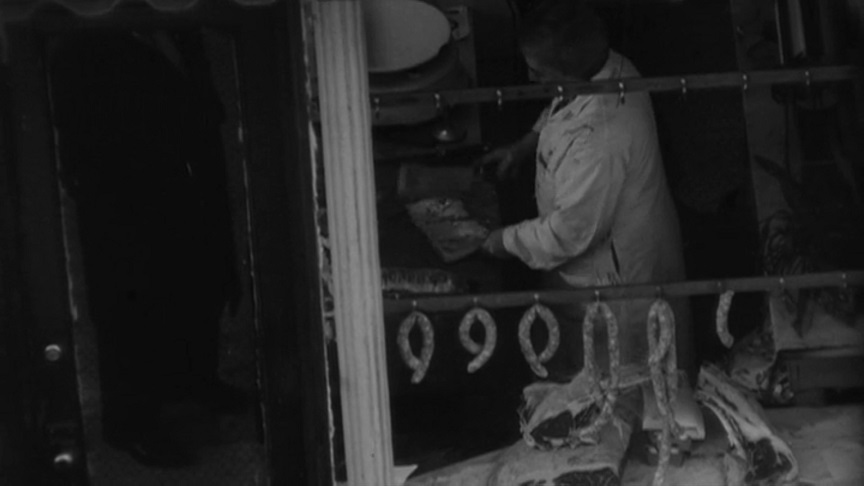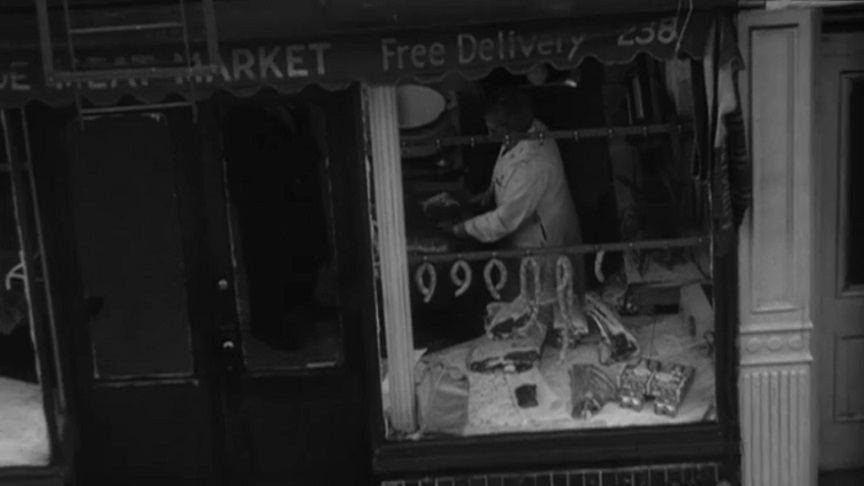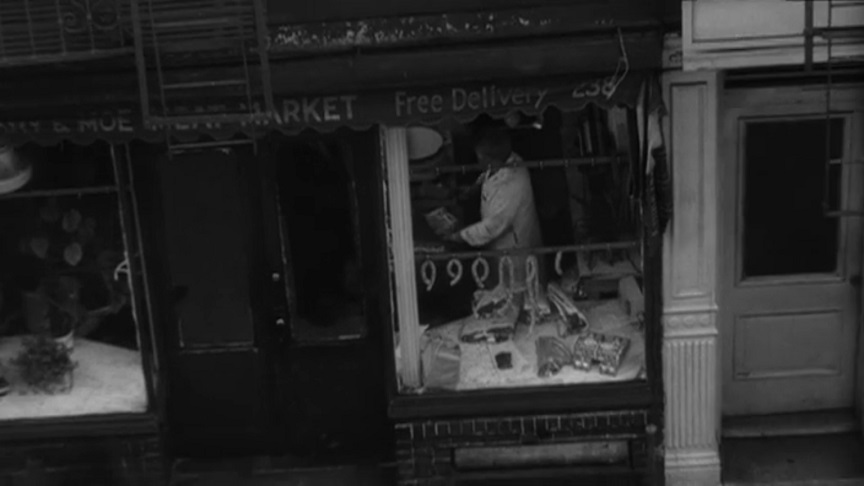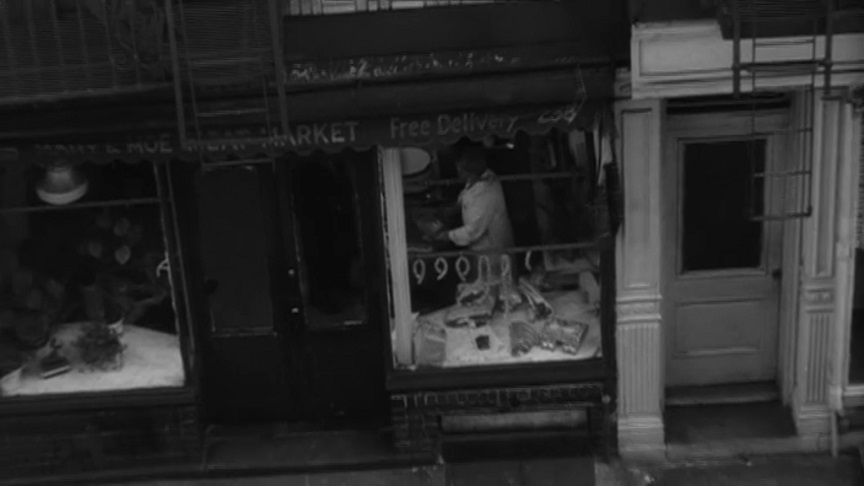JEFF LIEBERMAN TALKS ABOUT BEING IMPRESSED BY ONE FILMMAKER IN THE 1970s - BRIAN DE PALMA
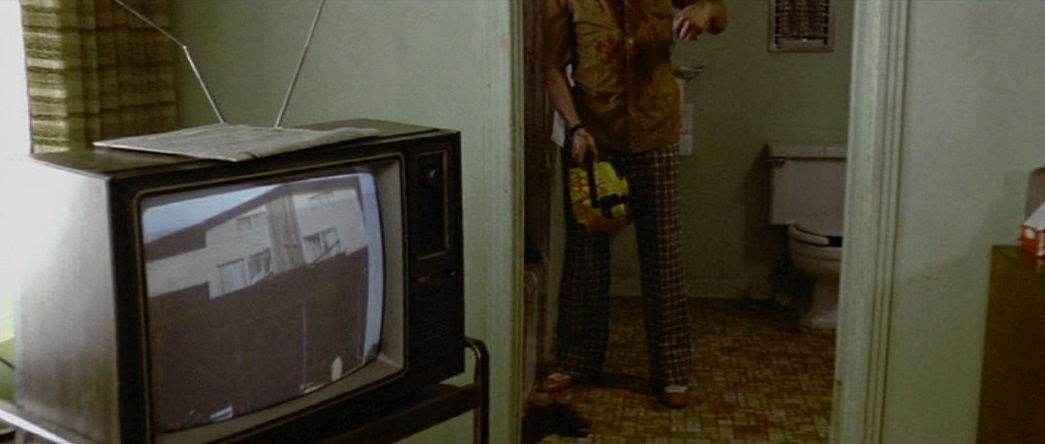
"He doesn’t like slasher movies, mummies or zombies," begins the introduction to Phil van Tongeren's 2005 interview with Jeff Lieberman, recently posted at The Flashback Files. "He doesn’t even watch many horror movies. Still, Jeff Lieberman is best remembered for a trio of genre films he did in the late seventies and early eighties: SQUIRM (1976), BLUE SUNSHINE (1977) and the excellent JUST BEFORE DAWN (1981). After earning a living writing unproduced screenplays and directing documentaries, he returned to the genre in 2004 with the bitingly funny horror movie SATAN’S LITTLE HELPER, with which he came to the Amsterdam Fantastic Film Festival that following April in 2005. That’s where Phil van Tongeren had a long conversation with him about his career."
In the interview, Lieberman brings up Brian De Palma While discussing Blue Sunshine:
You just mentioned that BLUE SUNSHINE was compared to Cronenberg. I can see that. But when you made the film, was that something you were aware of?No, because at the time I didn’t even see his movies. I saw SCANNERS. That’s the only one I saw. At that time there was only one filmmaker that worked in the genre that I even paid attention to and was impressed by. That was Brian De Palma. There wasn’t even a number two or three. I thought he was a genius. He was constantly being criticized for trying to be Hitchcock and I remember thinking about that when I learned filmmaking. I knew what it took to do what he does. Yeah, he was influenced by Hitchcock but his personality is in everything he does. Hitchcock never used the camera the way De Palma did, never had that incredibly vicious wit about everything he did. De Palma got really slick. And then after CARRIE he became mainstream Hollywood – and there’s nothing wrong with that. But I can’t think of anybody working in the genre that had that kind of mastery that De Palma has and it’s strange that nobody even talks about it. John Carpenter and Wes Craven are not even in his league. It’s a whole different level.
If De Palma has one weakness it’s that he was too dependent on the material. I don’t care how good a filmmaker you are, you have to marry yourself to the material. I have the advantage of being a writer. If I didn’t write, how am I going to use my directing skills on a piece of material like SATAN’S LITTLE HELPER? What I want to express as a director goes hand in hand with what I want to express as a writer. I can’t find that out there. I wish I could, because writing is a bitch.
When watching De Palma’s movies while you were learning the craft yourself, did you want to make movies the way he did?
Yes, I did. I didn’t copy anything – I have enough of my own ideas – but there’s something in the adventurous spirit in the way he made films that I found very inspirational. Also the way he found humor in places where you never before thought you’d find it. He did that again and again. Even in SCARFACE you have that scene with the chainsaw in the bathroom. Any filmmaker would move the camera away from that, because you hear the chainsaw, you hear the screaming. There’s no need to show it. Let the imagination of the audience do the work. That’s pretty much how I would shoot it. But De Palma – and this is signature him – goes: Yeah, that’s what you think, but we’re going back in! That’s what I’m talking about. That is fucking brilliant! When I saw that, I thought: This guy hasn’t lost anything. At the time I wished he would just do horror movies and show everybody else his level. He was so fresh and incredible.
Before you made your debut with SQUIRM, did you have any film experience?
Yeah, I made SQUIRM when I was twenty-five. But the first film I ever did was called THE RINGER. It’s on the DVD of BLUE SUNSHINE as an extra. It’s a twenty minute short. I’m in it. It was the film that got me a job at Janus Films, an American distributor that was mainly founded on all the early Bergman and Truffaut movies. So, I got to see all the movies by Vittorio De Sica and Antonioni. When I saw BLOW-UP I knew I wanted to make movies. Before that I thought I was going to be a commercial artist. I went to art school, doing painting and drawing. I had no interest in movies when I was a kid, aside from the stuff all kids like. Monster movies at the Saturday matinee. But I never thought I wanted to make films until I saw BLOW-UP. You remember that one sequence in BLOW-UP where you just have the trees in the wind? That one sequence was like taking drugs, without taking drugs. Using sound and visuals in such a way that is exactly like a drug experience. That’s what made me want to make films.
You had some drug experience yourself back then?
It was the sixties. It was foremost in my mind, what LSD did and what other drugs would do, altering your reality. But hallucinations held no interest for me. To me it was all about heightening reality, seeing clearer. Reality is right in front of you. So, if you could project something without taking drugs, that would certainly be better. And with film you could do anything you want. That one sequence in BLOW-UP has no music. If you watch JUST BEFORE DAWN there are so many sequences with no music at all, where you just hear cicadas and the wind. That was me in my BLOW-UP mode. Brad Fiedel, who became a huge film composer, didn’t fight me on that. He got it and he complimented me on the way I used his music.




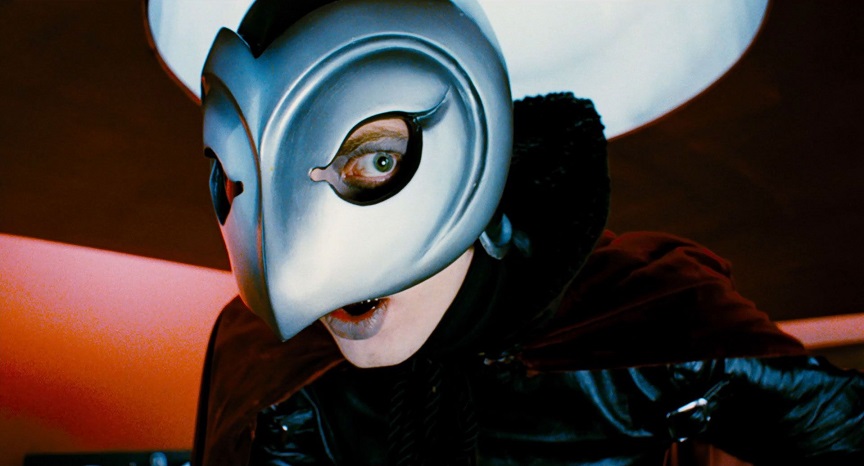
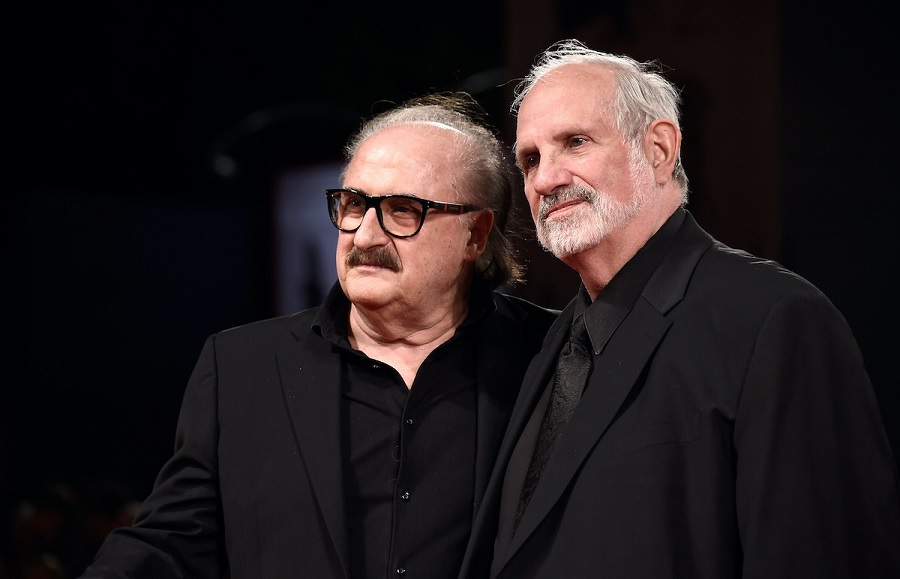
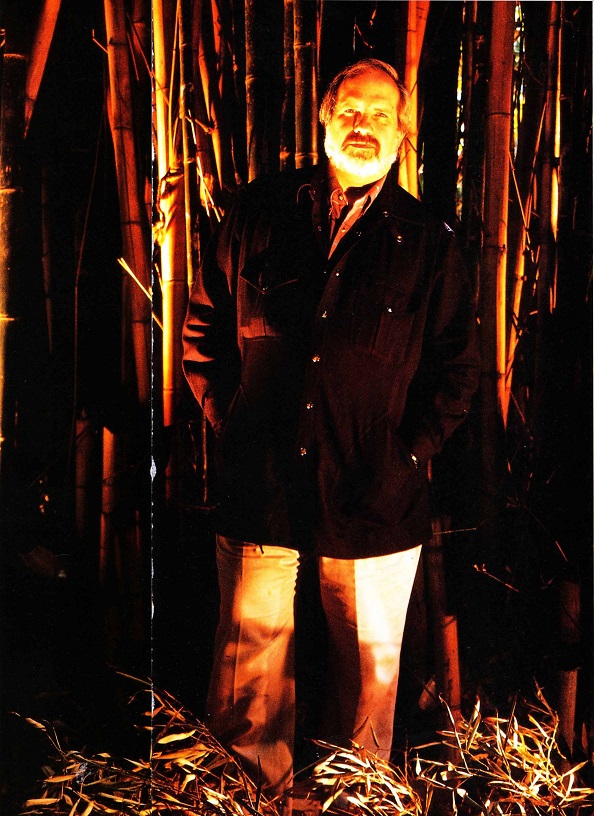
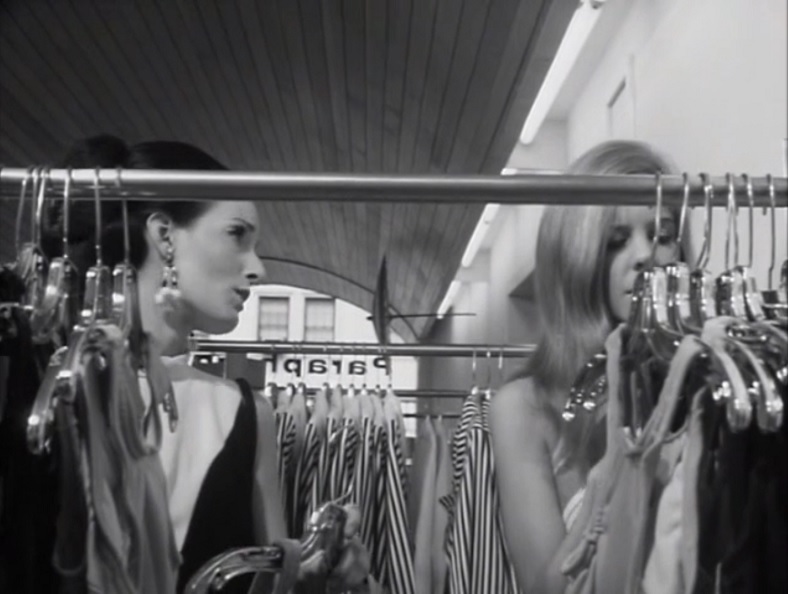


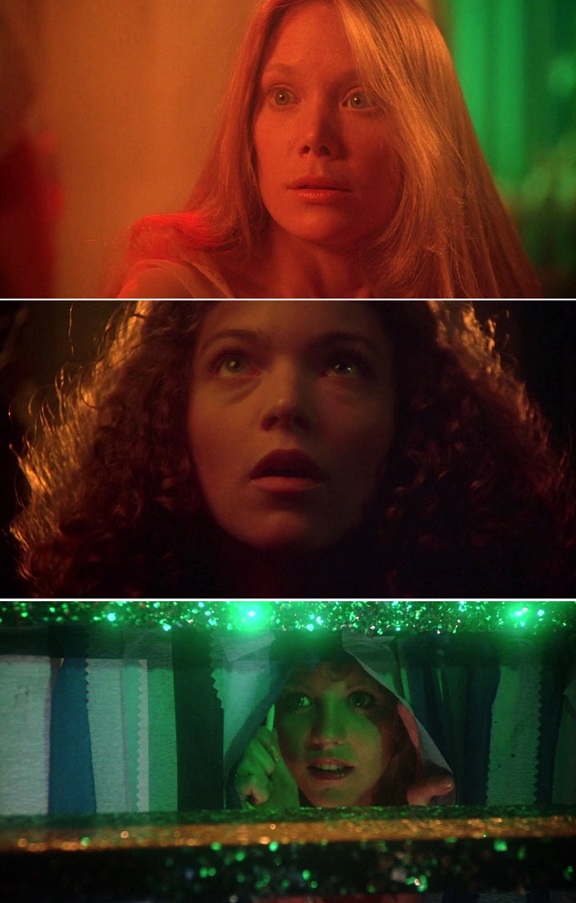 Originally published in the Chicago Sun-Times in November of 1976,
Originally published in the Chicago Sun-Times in November of 1976, 